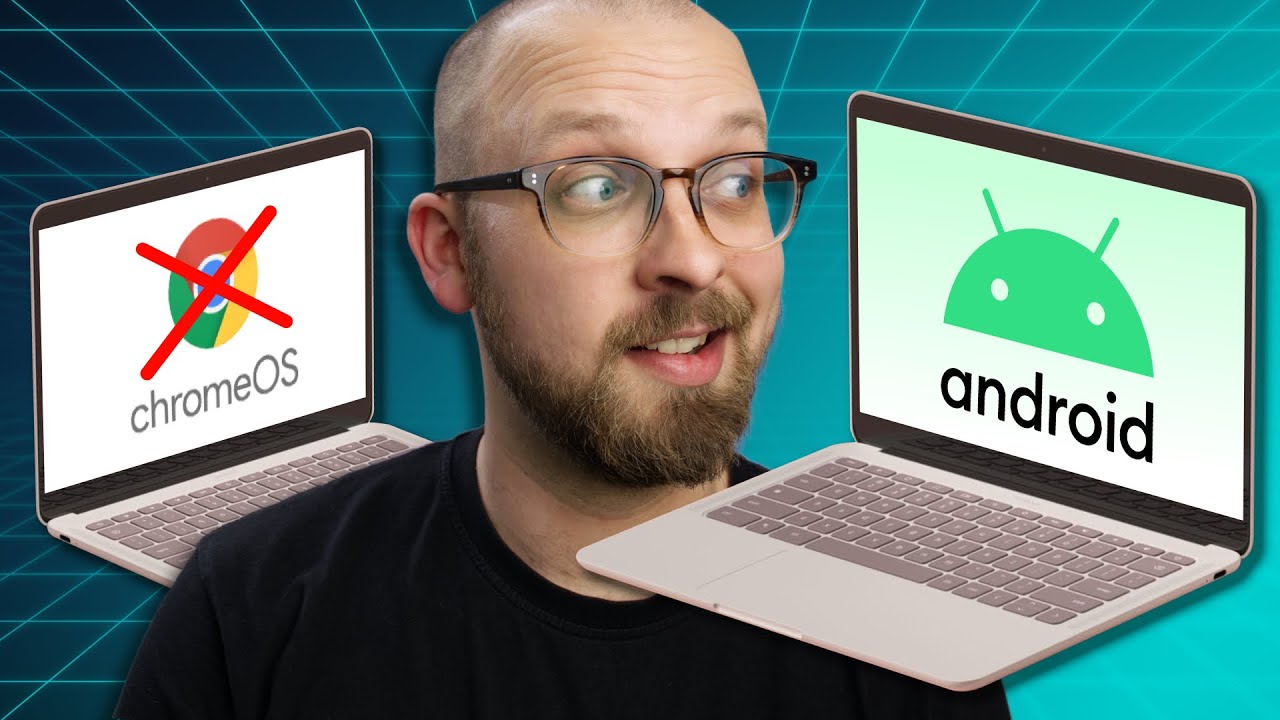The video discusses Google’s development of a new Pixel laptop, codenamed “Snowy,” which will run an integrated version of Android and Chrome OS, signaling a potential shift away from Chrome OS on larger devices. It also covers various tech industry updates, including Microsoft’s new cloud-based mini PC, Huawei’s self-developed image sensor, and ongoing data privacy concerns related to data brokers.
In a recent video, it was reported that Google is developing a new Pixel laptop, codenamed “Snowy,” which will run on a version of Android that is being integrated with Chrome OS. This shift indicates a potential long-term strategy where Android could completely replace Chrome OS on larger screens. The Pixel laptop is expected to feature high-end hardware and improved support for keyboard, mouse, and external monitors, as well as the full desktop version of the Chrome browser. However, there are concerns about Google’s inconsistent strategy, especially given the cancellation of the Pixel Tablet 2 and the previous dissolution of the Pixelbook team.
The video also covered Microsoft’s announcements from its Ignite event, where they introduced Windows 365 Link, a $350 mini PC designed for streaming Windows from the cloud. This device targets enterprise users who require a secure environment where employees cannot install or store data. Additionally, Microsoft unveiled Co-Pilot Studio, which allows companies to deploy AI agents for task completion, and a Windows resiliency initiative aimed at preventing outages. The event also showcased a new feature that enables streaming from Windows to VR headsets, similar to Apple’s capabilities with its Vision Pro.
Huawei made headlines by announcing its first self-developed image sensor, named the “Red Maple” sensor, which is designed for spectral imaging to capture colors accurately. Although the sensor has a relatively low resolution of 1.6 megapixels, it serves as a secondary sensor to enhance color information, particularly for skin tones. This development marks Huawei’s entry into the image sensor market, which could have significant implications for future smartphone technology.
In terms of product releases, Sony launched the Alpha 1 Mark I camera with improved stabilization and autofocus, while Amazon introduced the Echo 21, a large smart display with a built-in smart home hub. The Nubia Z70 Ultra was also unveiled, featuring flagship specifications and an advanced under-display selfie camera. These releases highlight the ongoing innovation in consumer electronics, with companies striving to enhance user experiences through new technologies.
Lastly, the video touched on broader tech industry news, including the Department of Justice’s plans to break up Google, which could involve divesting Chrome and Android. Google has also released a native Google Drive app for Windows on ARM, and WhatsApp is set to introduce voice message transcripts. The video concluded with a discussion on data privacy issues, including the alarming revelation that data brokers have exposed sensitive information about individuals, including government officials. The importance of data removal services like Incog was emphasized, as they help individuals protect their privacy in an increasingly data-driven world.
